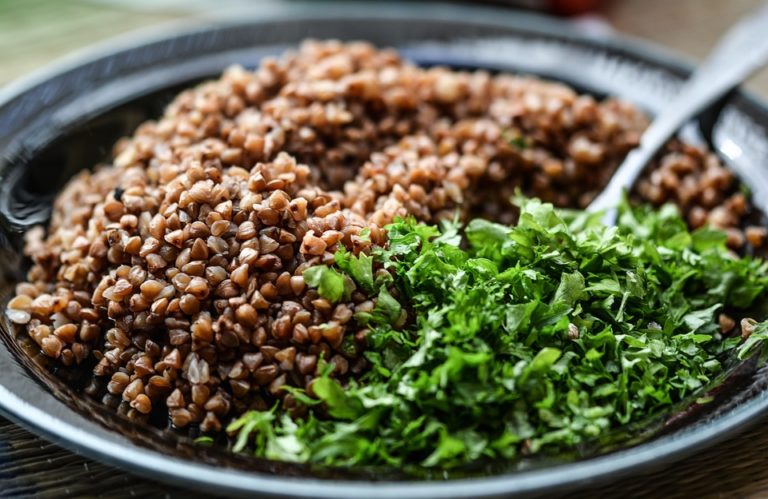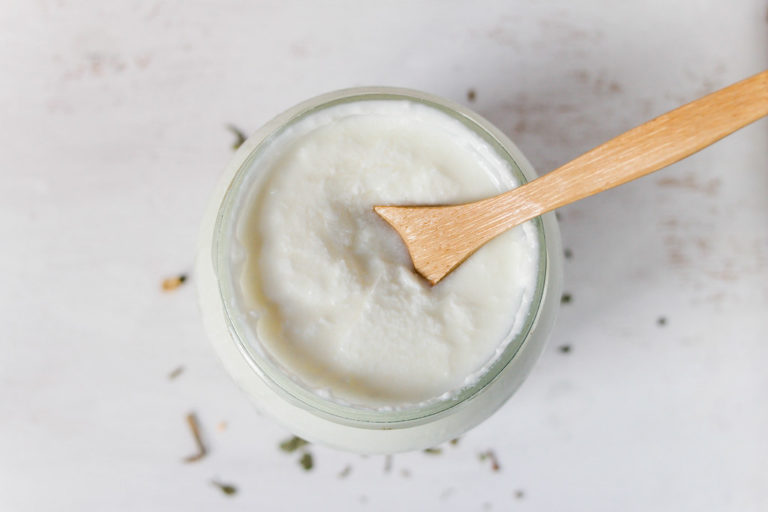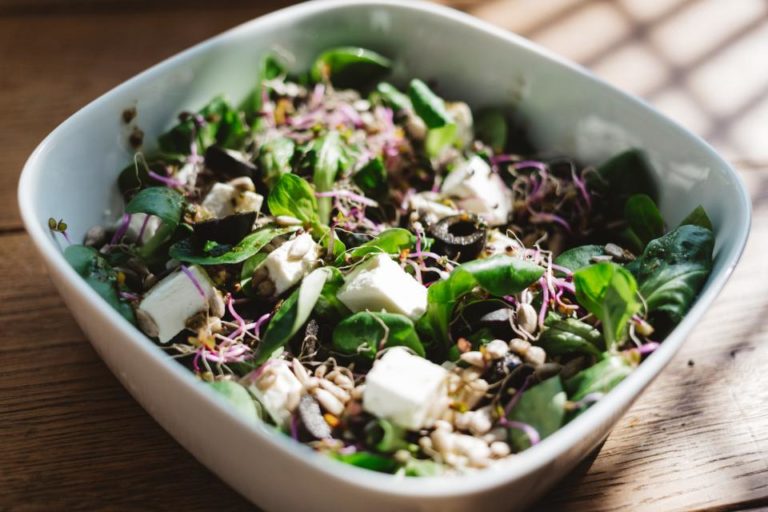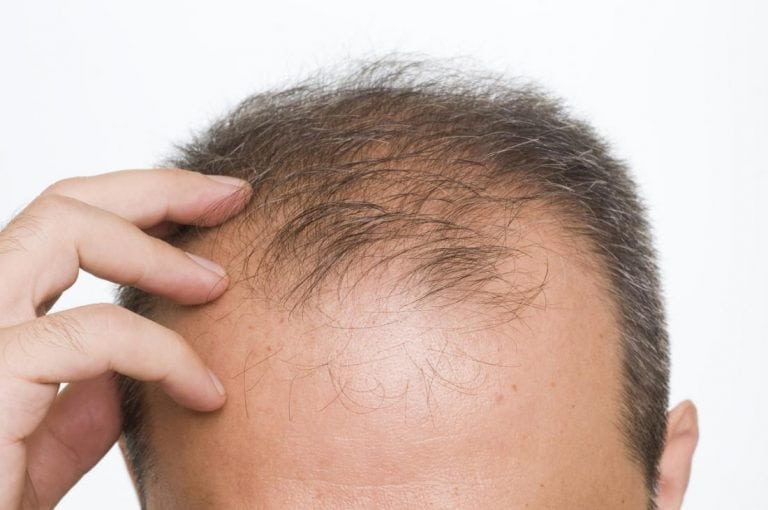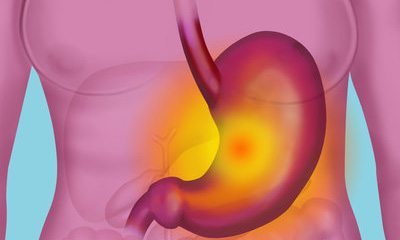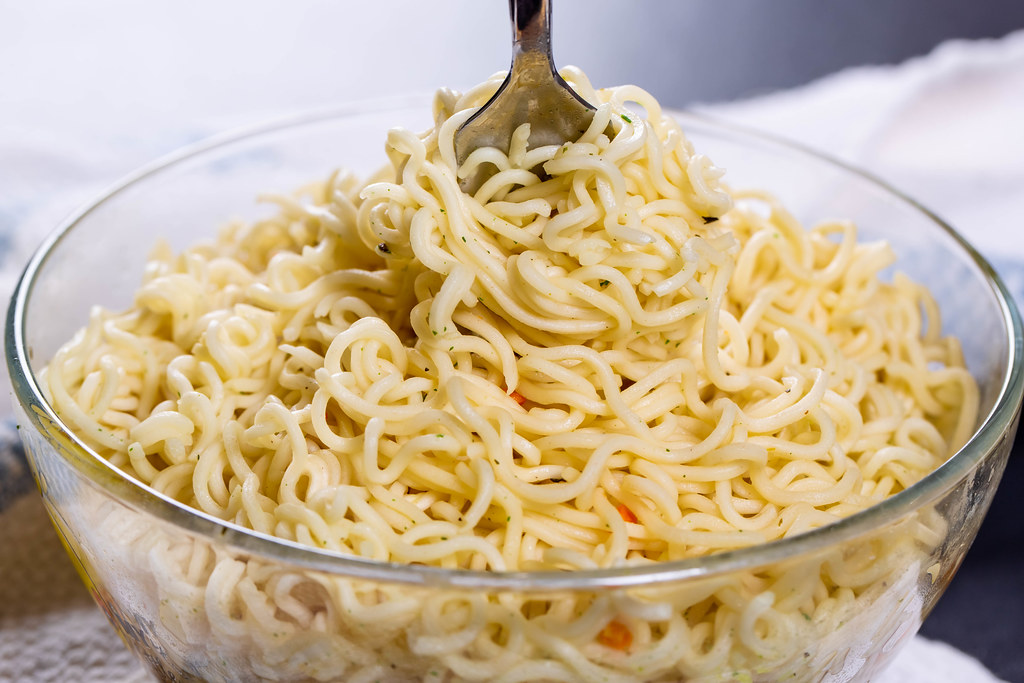
A majority of the population of the world considers instant noodles a staple food, like the well-loved rice in Asian countries. For many people out there, preparing these takes less than a minute or two, thus, making it easy for students, full-time parents and workers to make something that does not require too much effort.
However, what goes unnoticed in eating instant noodles are its risks. Even though there exist common myths like adding vegetables to a cup of instant noodles to enhance the nutritional value, the problems that these can cause is something that cannot be remedied by raw foods. That said, here a few reasons why eating instant noodles can be bad for one’s health.
Difficulty in digesting them
Instant noodles can strain the digestive system, pushing it to break down highly processed noodles for hours. This can disrupt a person’s blood sugar levels and insulin release if consumed too quickly. Instant noodles encourage slow digestion, frequent intake of preservatives and other toxic chemicals. In the long run, these can lead to an over-exposure of butylatedhydroxyanisole and tert-butylhydroquinone, two chemicals that are commonly used in products to prolong shelf life. These two can cause anxiety, asthma and diarrhea.
Risk of heart disease
In a previous study conducted by the Journal of Nutrition, it was revealed that people who consumed an immoderate amount of instant noodles had a higher risk of metabolic syndrome, a set of symptoms including having elevated blood pressure, low levels of HDL cholesterol and higher chances of heart disease, diabetes and stroke.
Contains a high amount of salt
It comes as no surprise that instant noodles contain an excessive amount of salt, which can affect the overall health of a person. In a research published in the American Journal of Hypertension in 2014, it was found that high dietary sodium consumption was acknowledged as one of the main factors in high death rates in the past 23 case studies. This additional sodium can also result in high blood pressure and heart disease.



